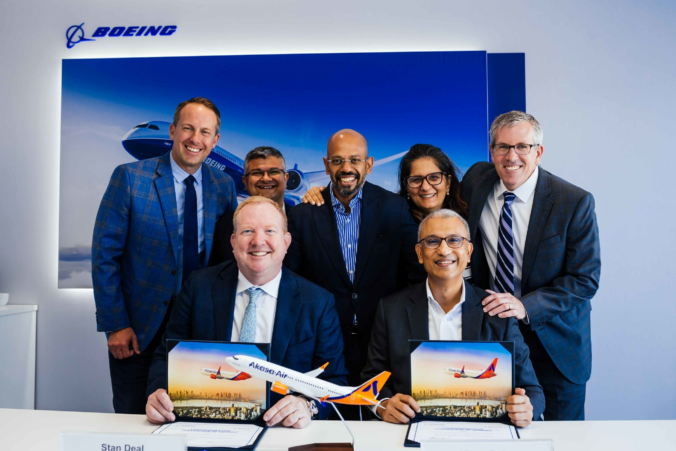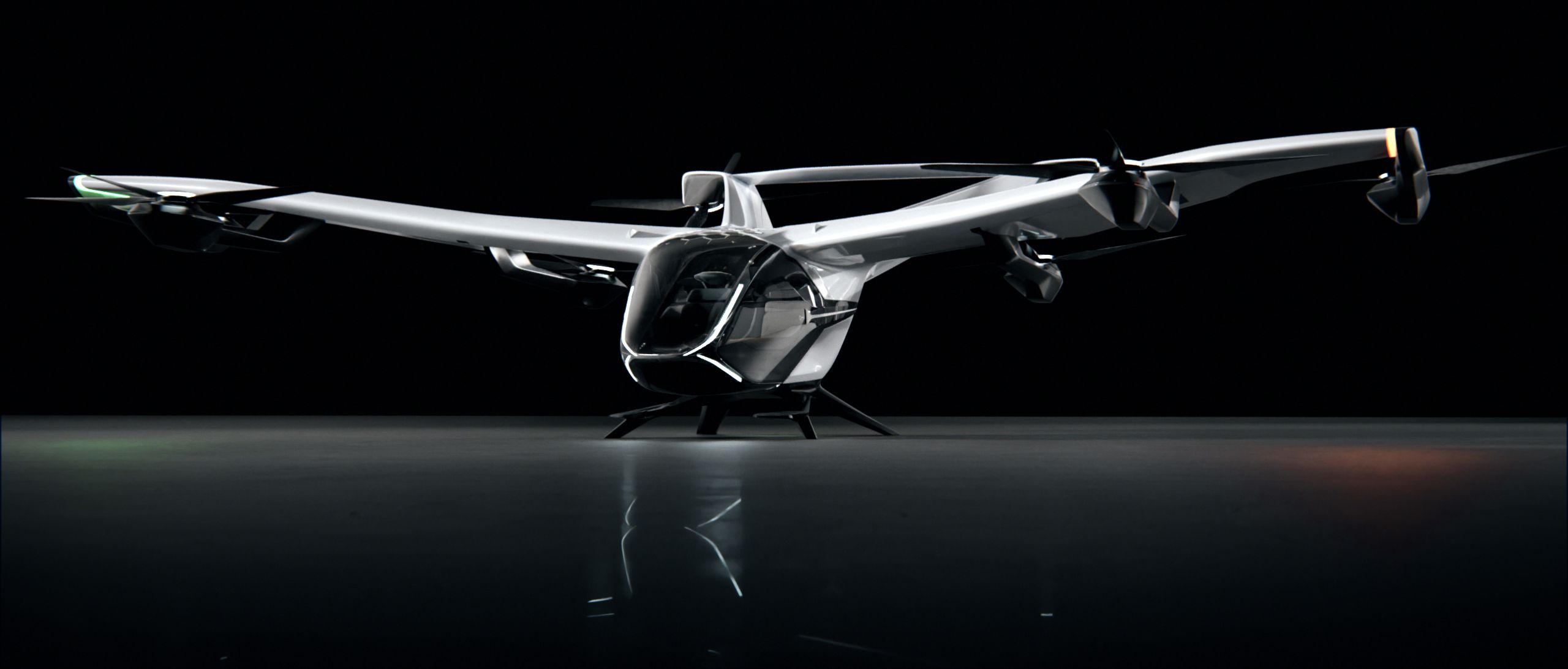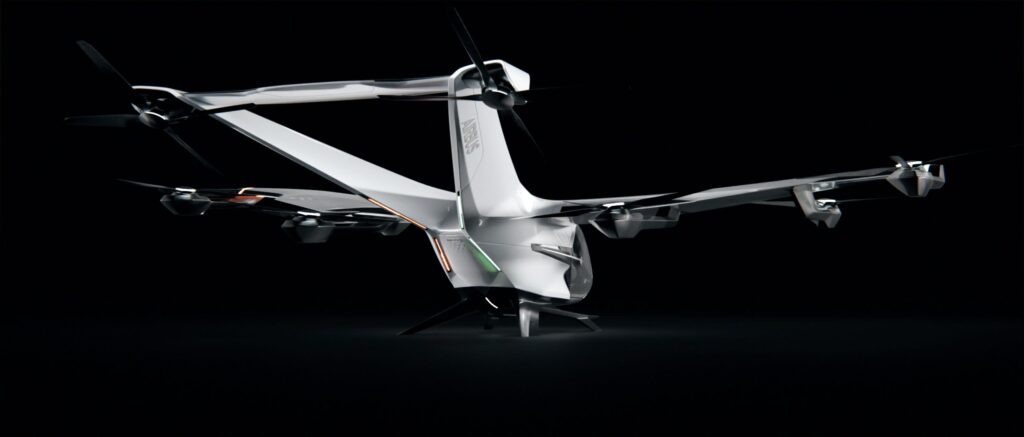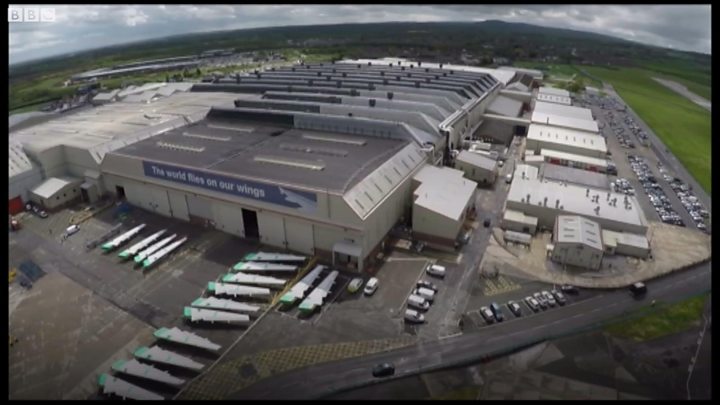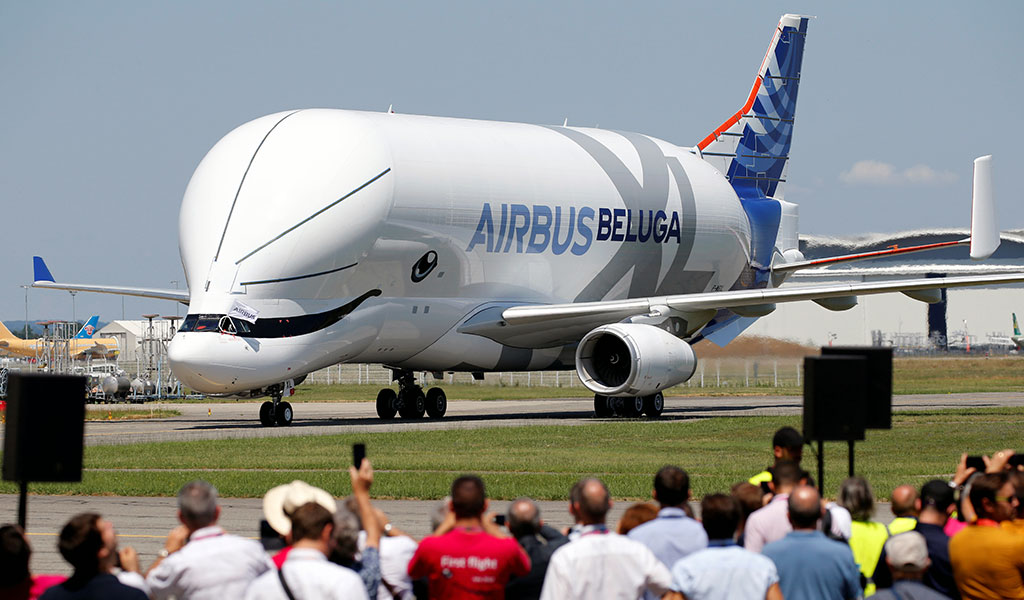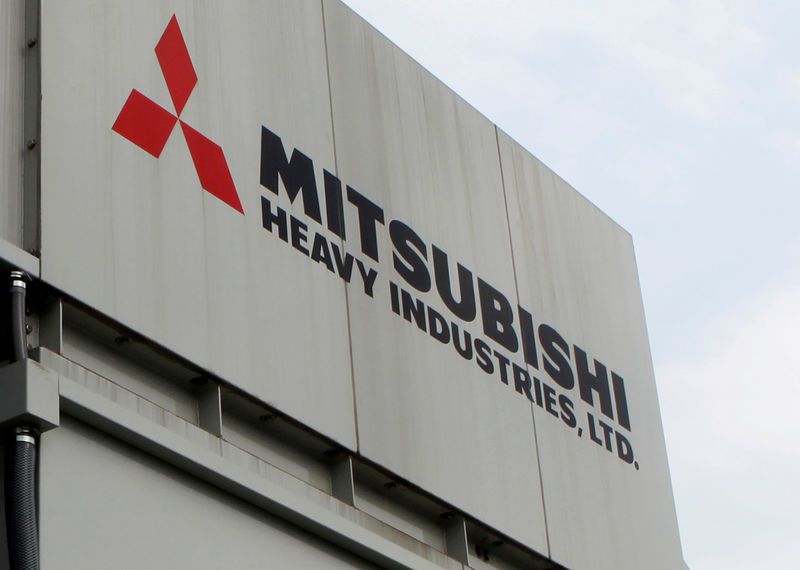Hyderabad, India, January 18, 2024 – Boeing (NYSE: BA) and Akasa Air announced today the Indian carrier has placed a follow-on 737 MAX order, confirming 150 more fuel-efficient jets in its order book. The purchase of 737-10 airplanes and additional 737-8-200 jets by India’s all-737 operator was revealed at the Wings India 2024 airshow.
Akasa Air will leverage the 737 MAX family to expand its domestic and international network in the coming years. Since launching operations in 2022, the airline has captured approximately 4% of India’s domestic market, serving 18 destinations with a fleet of 22 737 MAX jets. Both 737 MAX variants will provide Akasa Air with added capacity and range on new and existing routes, while reducing fuel use and carbon emissions by 20% compared to older-generation airplanes.
As Akasa Air looks to expand its network in India and South Asia, Boeing’s 2023 Commercial Market outlook forecasts delivery of 2,705 new commercial airplanes over the next 20 years for the region, of which nearly 90% will be single-aisle jets. This order finalized in December 2023 and was unidentified on the Boeing Orders & Deliveries website.
Forward-Looking Statements
This press release may contains forward-looking statements within the meaning of the Private Securities Litigation Reform Act of 1995, including expected delivery dates. Such statements are based on current expectations and projections about our future results, prospects and opportunities and are not guarantees of future performance. Such statements will not be updated unless required by law. Actual results and performance may differ materially from those expressed or forecasted in forward-looking statements due to a number of factors, including those discussed in our filings with the Securities and Exchange Commission.
